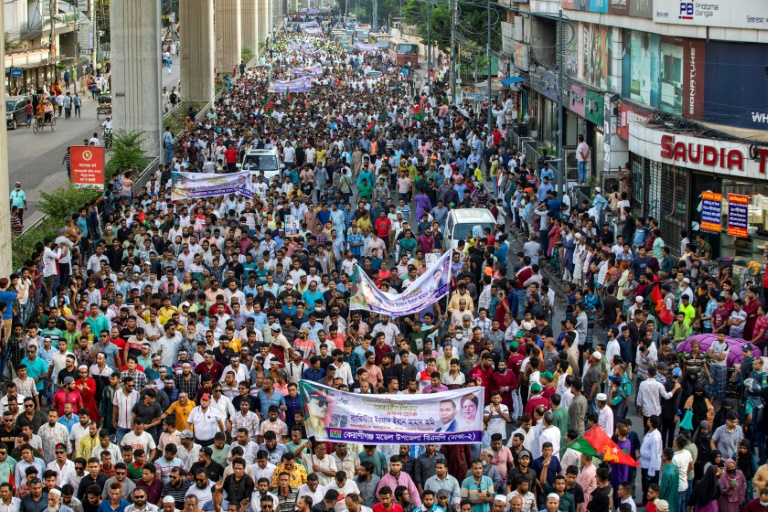The social sector has a critical role to play alongside governments and markets to create a more just and equitable world as envisioned in the UN Sustainable Development Goals.
In India, nearly INR 250-300 billion is spent yearly on social issues. Over the past five years, social sector spending in India has grown by 13% annually, reaching FY 2023. Some findings suggest that about 3 lakh NGOs in the country employ a crore people and serve 70-80 crore people.
However, India falls 4.7% short of NITI Aayog’s annual social funding target. The need of the hour, then, is to deliver sustainable socio-economic-ecological impact at scale while managing available resources. Addressing the complexity of the social sector is unthinkable without management talent.
Management is a powerful tool for organisations to operate at scale. We have seen the transformative power of professional leadership and management as a force for strategic success, influencing outcomes, and achieving pre-set objectives in business administration.
However, the social sector has traditionally given more importance to developing technical, policy-related, and research talent and has a dearth of professional development managers. For the social sector to build scale the way markets have done, India needs more sytems-approach management for the sector with talent, practice, and knowledge that drives sustainable social change. This systems-led management can become the backbone of the sector.
Why the social sector needs its brand of management
There are fundamental differences in how development management (DM) works as against business management (BM). If BM aims to maximise profit in the short term for investors, DM aims to create long-term value for a more comprehensive set of stakeholders like communities, funders, and the planet. If competition is the holy grail for BM, it is collaboration for DM. While BM focuses on the growth of an organisation, DM’s sole focus is achieving social impact. In BM, decision-making is driven by cost efficiency, standardisation, and productivity; in DM, decision-making happens with the values of equity, inclusivity, justice, and dignity, which drive social impact.
Then, consider how knowledge created in BM becomes intellectual property; in DM, knowledge is shared freely to further the idea of social change. In BM, people are seen as “resources” motivated by personal gains. In DM, people are seen as free beings with the spirit of participating in social change. Finally, if BM growth is driven by creating dependency among customers, then growth in DM aims to build agency and self-sufficiency of communities while eventually making development managers redundant in that space.
Development Management is a distinctive approach tailored especially for Social Purpose Organisations. It recognises the unique needs of the social sector and sets it apart from traditional management practices. It requires a specialised understanding of social sector nuances, grasping sector perspectives, and designing tailored solutions to tackle challenges.
By emphasising collaboration, participation, inclusiveness, and an open architecture, development management aligns management principles with the requirements of societal and developmental perspectives. Stronger, more robust, and resilient organisations led by professionals will build new processes alongside creating impact at scale.
(Author Trisha Varma is Director, Global Knowledge Hub, Indian School of Development Management (ISDM). Views expressed here are personal.)







